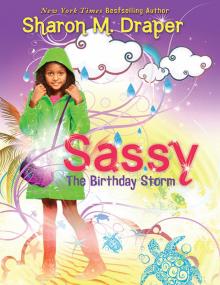 The Birthday Storm
The Birthday Storm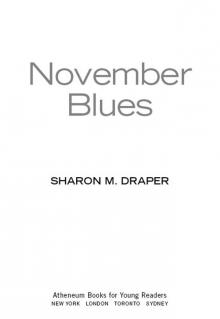 November Blues
November Blues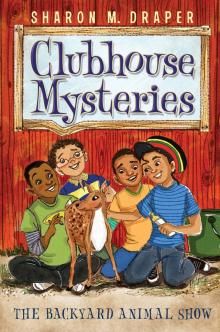 The Backyard Animal Show
The Backyard Animal Show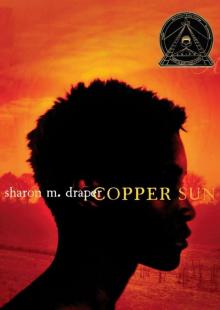 Copper Sun
Copper Sun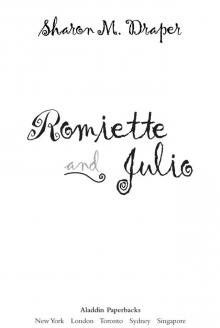 Romiette and Julio
Romiette and Julio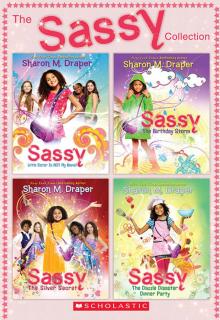 The Sassy Collection
The Sassy Collection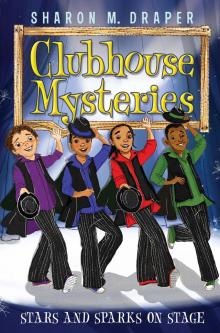 Stars and Sparks on Stage
Stars and Sparks on Stage The Battle of Jericho
The Battle of Jericho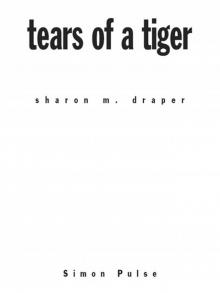 Tears of a Tiger
Tears of a Tiger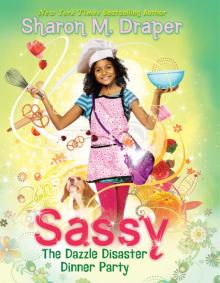 The Dazzle Disaster Dinner Party
The Dazzle Disaster Dinner Party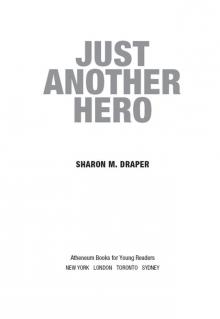 Just Another Hero
Just Another Hero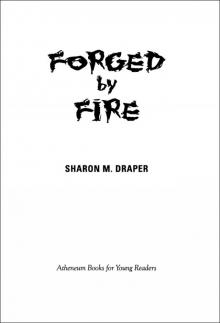 Forged by Fire
Forged by Fire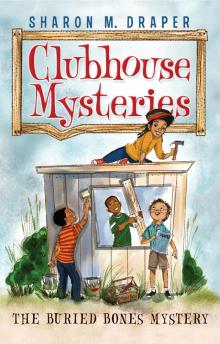 The Buried Bones Mystery
The Buried Bones Mystery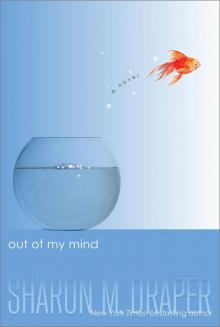 Out of My Mind
Out of My Mind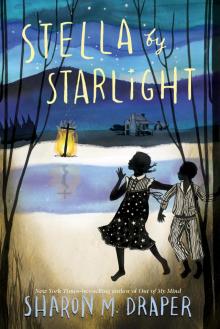 Stella by Starlight
Stella by Starlight Panic
Panic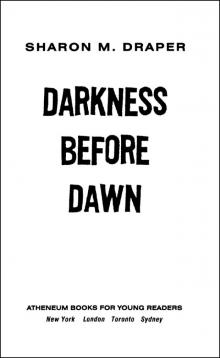 Darkness Before Dawn
Darkness Before Dawn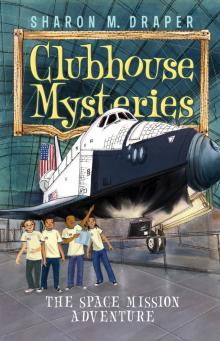 The Space Mission Adventure
The Space Mission Adventure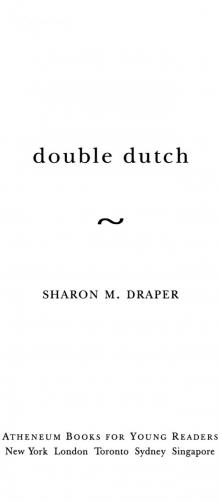 Double Dutch
Double Dutch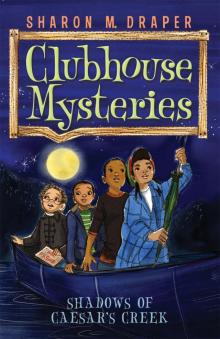 Shadows of Caesar's Creek
Shadows of Caesar's Creek